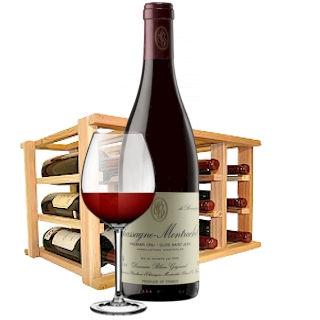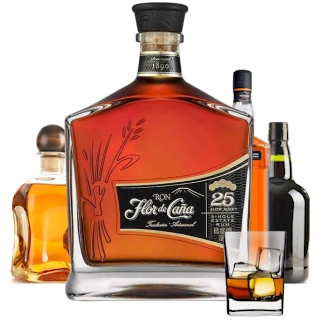


After 25 years of growing grapes, the 18 hectare vineyard is now fully mature, producing true varietal fruit characters with great concentration of flavours.

At 595 metres above sea-level Dalwhinnie is the highest and most remote of the Pyrenees district vineyards. Surrounded and sheltered by the highest range, this unique bowl of vines is a world unto itself, located in a naturally undulating trough which falls away from the hills, forming an amphitheatre nestled into the ranges.
Ownership of Dalwhinnie has remained within one family. In 1972 the remote property was purchased. The founder, Ballarat architect Ewan Jones, established the vineyard in 1976. His eldest son David, has managed it since 1983 and, with his wife, Jenny, has owned it since 1994. It's the kind of stability that one finds in the greatest estates all around the world.
David Jones firmly believes that the best grapes come from a healthy well pruned vine which has the proper balance of fruit to foliage to ripen the bunches quickly and efficiently. The bunches must be disease free, compact in composition and have good exposure to sunlight. He believes ultimately that great wines are produced from these grapes grown on unique elevated single vineyard sites and Dalwhinnie is fortunate to possess several of these sites.

Dalwhinnie vineyard is situated in a unique amphitheatre that has its own meso climate. The site is totally frost free and allows the fruit to reach complete physiological ripeness in 9 out of 10 years which is very important in establishing a long term premium label.
The vineyard is situated on the 37th parallel south and the poor and fragile soils from left over alluvial mining areas in the early 1800's are some of the hardest and hungriest you will ever see. The climate and soils are well suited to the production of complex shiraz and that is why Dalwhinnie specialize in this great variety.
The first plantings in 1976 were the cabernet sauvignon contour block and the grand piano shiraz block, these were rootlings sourced from Sunraysia Nurseries in Mildura. Follow up plantings in 1977 included the "Eagle Series" shiraz block and the cabernet sauvignon cellar door block. The chardonnay was planted in 1980 and subsequent plantings took place in 1988, 1993, 1995 and 1997.
In addition to Dalwhinnie vineyard the David Jones family winemakers have an 8 hectare vineyard situated on Taltarni Road named Forest Hut. This vineyard is dedicated to mainly shiraz with four different clones planted and also a small amount of viognier and sangiovese for blending options in the future. The vineyard is designed for separate vinification of clones to assess flavour profiles and clonal performance. Once again this vineyard is dry land farmed with a VSP canopy, and the fruit from these new plantings will be sold for several years until the vines are mature.

























